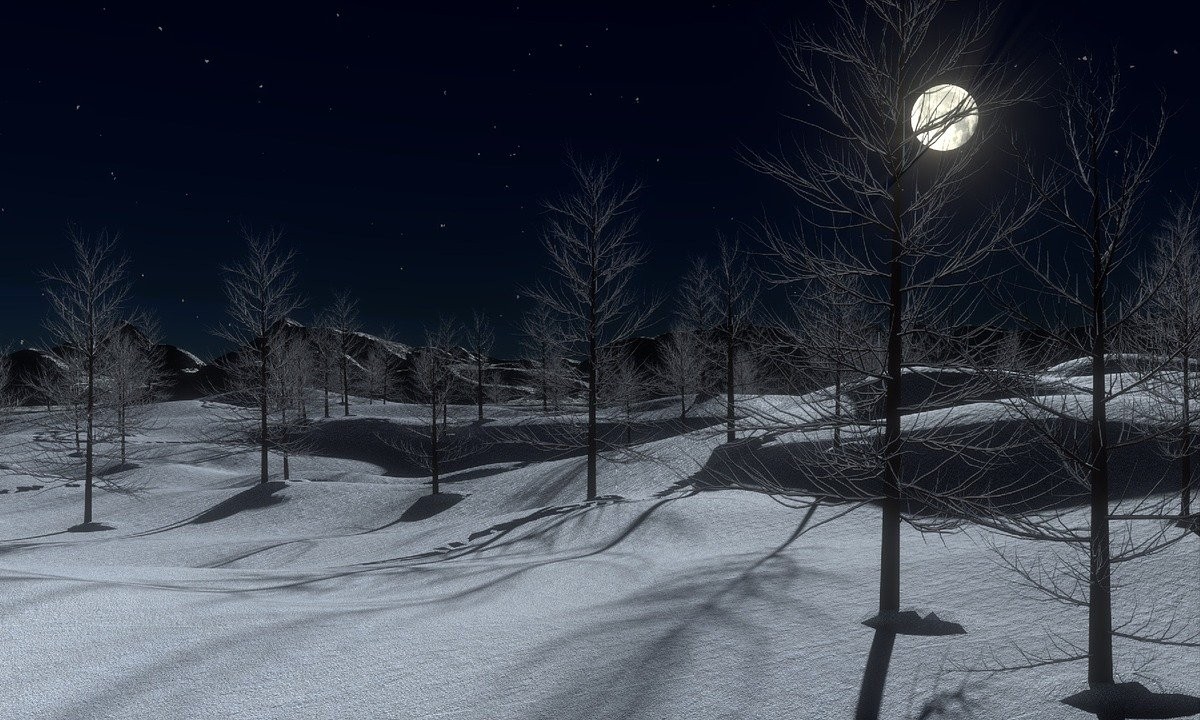By Elliott Brack
Editor and Publisher, GwinnettForum
DEC. 20, 2019 | One of the beauties of the holiday season is to hear Christmas carols (and sing-along occasionally). They can lift your heart (Joy! To the World and Hark! the Herald Angels Sing), or cause you to pause (Silent Night or O Little Town of Bethlehem).
 Then there’s a song usually sung during the season that is unlike most, in that it has a non-traditional cadence, and is one of our favorites for that reason. We refer to In the Bleak Midwinter. Recently we dipped into learning about it, and came away with a new understanding.
Then there’s a song usually sung during the season that is unlike most, in that it has a non-traditional cadence, and is one of our favorites for that reason. We refer to In the Bleak Midwinter. Recently we dipped into learning about it, and came away with a new understanding.
The words are from the 19th century poet Christina Rossetti, while the music comes from composer and musician Gustav Holst. Interestingly, both were somewhat different personalities, disdaining fame and wanting to be left in peace.
Rossetti was born in England to Italian parents in a household where the arts were important. Schooled by an Anglican mother, Rossetti was pensive and withdrawn, and refused two proposals of marriage “due to doctorinal scruples,” whatever that means. She remained a spinster her whole life, telling one brother “I am well content in my shady crevice, which enjoys the unique advantage of being to my certain knowledge the place assigned me.” One person called her life a “spirit of self-postponement.” She produced what was called a wholly original kind of devotional poetry. She was called “superior to any other woman who wrote poetry in English before the 20th century,” besides Emily Dickinson.
She published “In the bleak Midwinter” in 1872.
It’s possible that Gustav Holst (1874-1034) never met Rossetti. We are the beneficiary of him setting her poem to music in 1906. Holst was also from an artistic family with three generations of musicians. First seeking to be a pianist, he stopped this when neuritis set in on his right arm. He took up the trombone professionally, then turned to composing and teaching. After World War II, his major compositional success, The Planets, gave him international acclaim. Holst was shy, wanting to be left in peace, to compose and to teach. Some said his music was too austere, but he had a significant impact on English composers, including Edmund Rubbra, Michael Tippett and Benjamin Britten.
Now read these words, of Christina Rossetti, no doubt in sync in your mind with the music given to us by Gustav Holst.
In the bleak midwinter, frosty wind made moan,
Earth stood hard as iron, water like a stone;
Snow had fallen, snow on snow, snow on snow,
In the bleak midwinter, long ago.
Our God, heaven cannot hold Him, nor earth sustain;
Heaven and earth shall flee away when He comes to reign.
In the bleak midwinter a stable place sufficed
The Lord God Almighty, Jesus Christ.
Enough for Him, Whom cherubim, worship night and day,
Breastful of milk, and a mangerful of hay;
Enough for Him, Whom angels fall before,
The ox and ass and camel which adore.
Angels and archangels may have gathered there,
Cherubim and seraphim thronged the air;
But His mother only, in her maiden bliss,
Worshipped the beloved with a kiss.
What can I give Him, poor as I am?
If I were a shepherd, I would bring a lamb;
If I were a Wise Man, I would do my part;
Yet what I can I give Him: give my heart.
Our wish for you is that you have a happy holiday season.
- Have a comment? Send to: elliott@brack.net










Follow Us